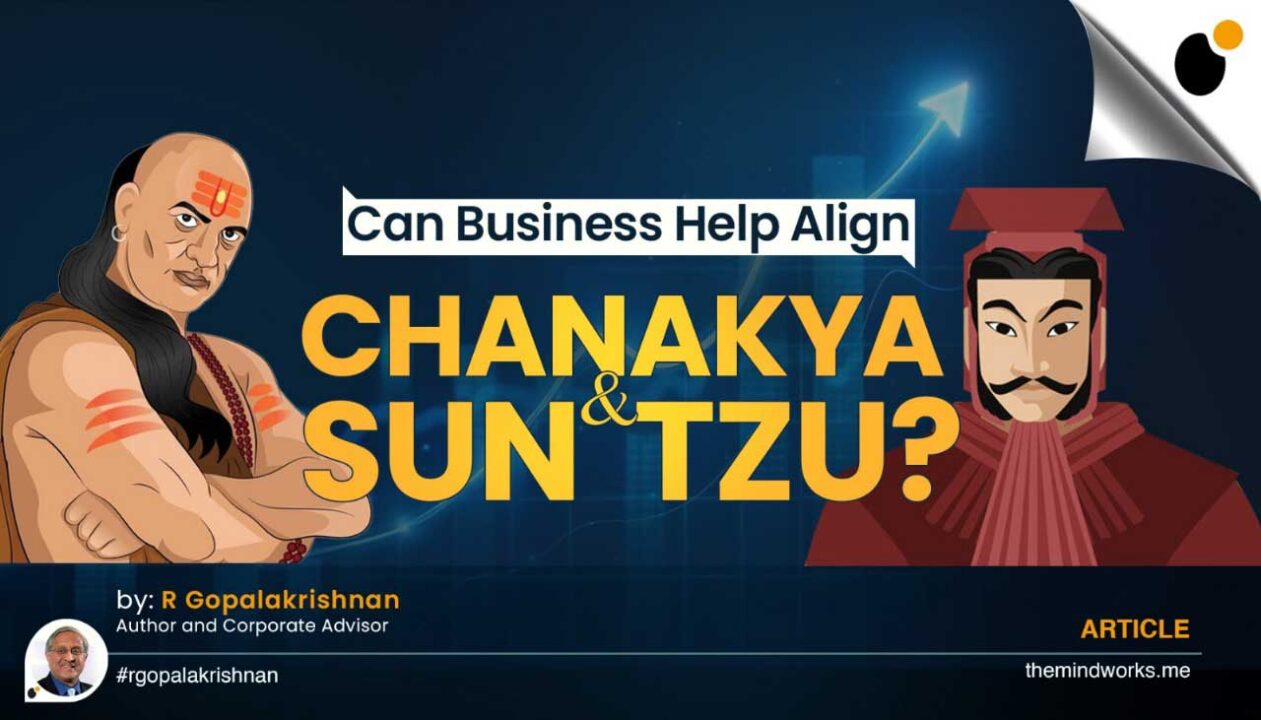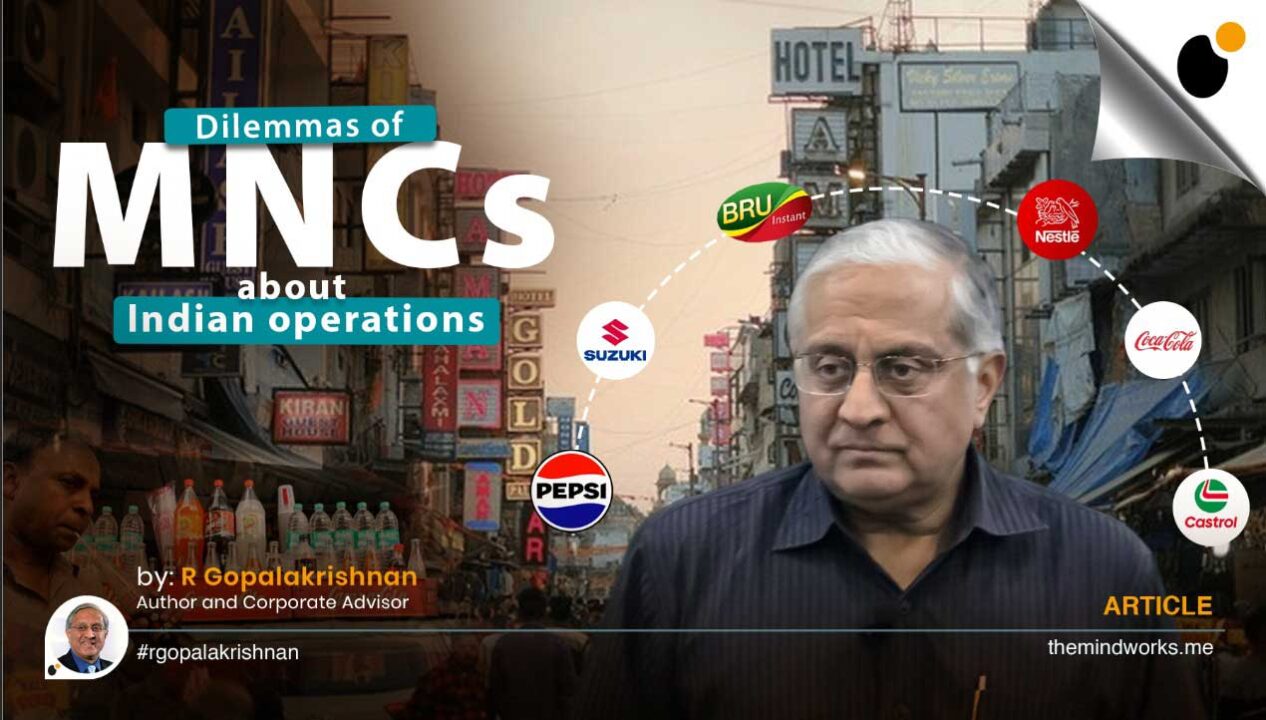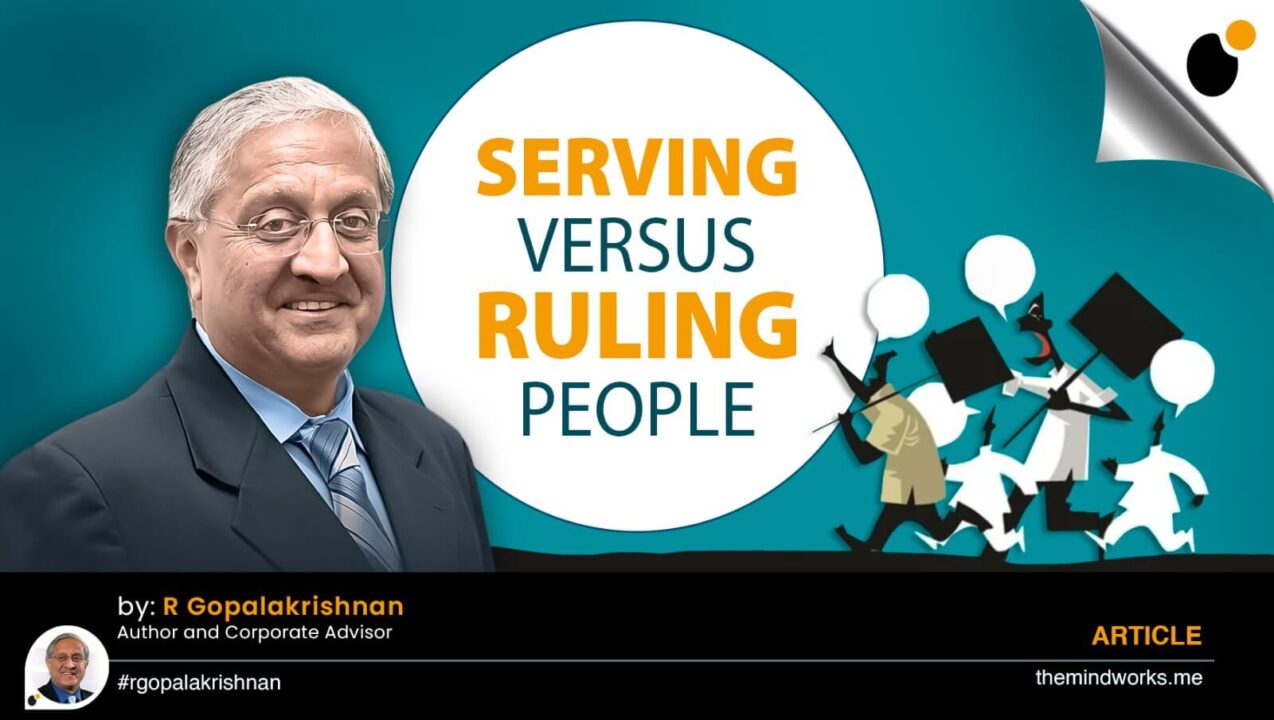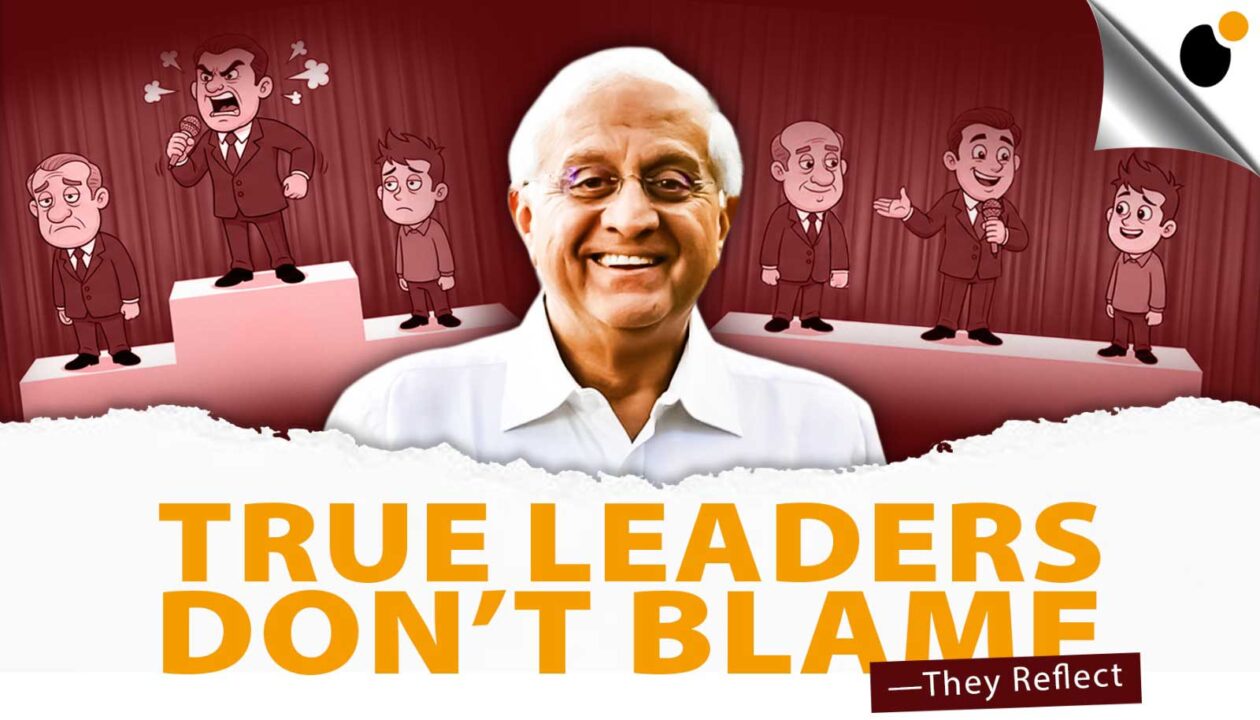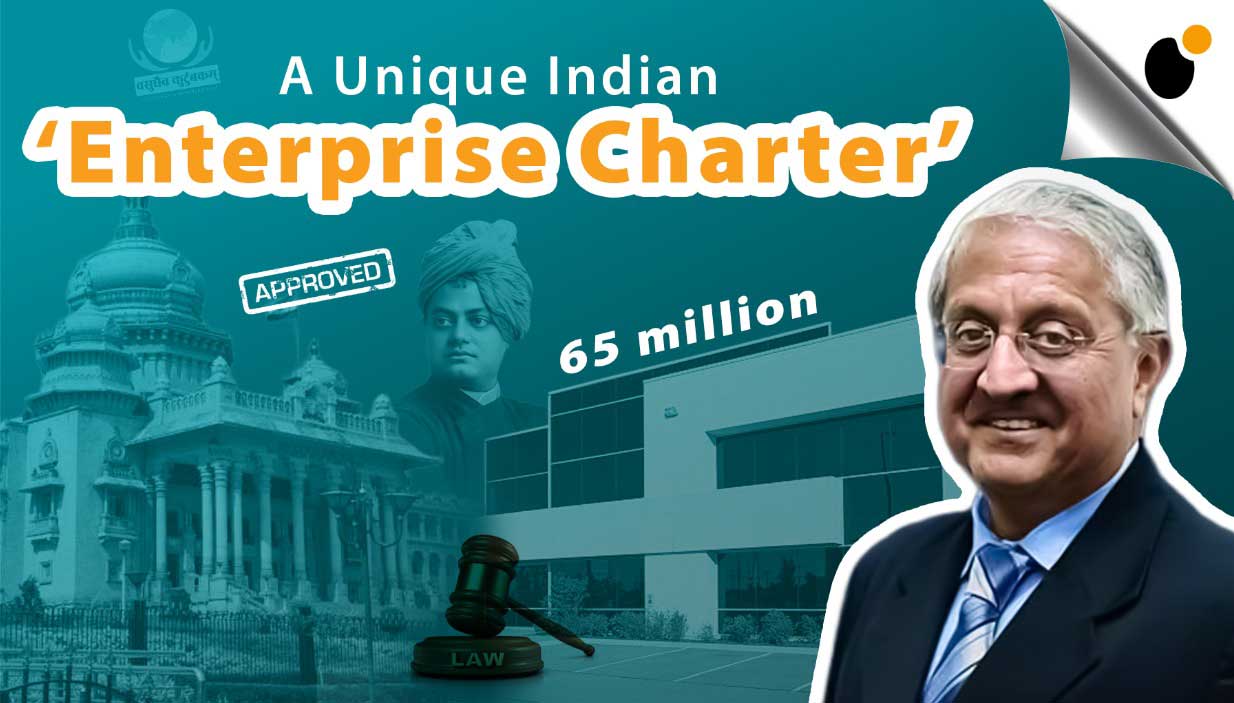Articles
- All
- Articles
- Board and Governance
- Book Blogs
- Book Review
- Career Track
- Convocation Speeches
- Doodles On Leadership Review
- Eco System
- Gopal in 90 Seconds
- Gopal in 90 seconds 2
- Gopal in 90 Seconds S3
- Innocolumn
- Lessons from the entry and exot of CEOs
- Makers of Modern Enterprises
- Media Coverage
- Opinion Articles
- Post
- Sarthak Krishi Yojana
- THE WISE LEADER
- Training Masterclass
- Uncategorized
- Video




